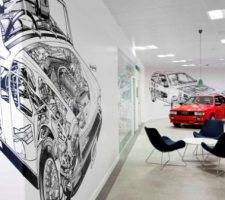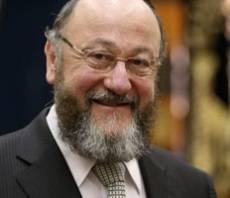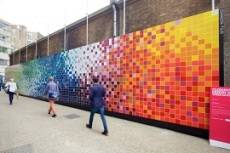November 14, 2014
Twice as many employees will use BYOD by 2018, predict analysts
 By 2018, there will twice as many bring-your-own devices (BYOD) used at work than employer-owned laptops. However, when designing BYOD programmes, employers need to ensure that they target users who have interest and propensity to use a wider choice of devices for work and feel relatively at easy with technology. According to Gartner, throughout 2017, 90 per cent of organisations will support some aspect of BYOD, and predicts that by 2018 there will be twice as many employee-owned devices used for work than enterprise-owned devices. The analysts says this is because tablets (BYOD) offer better opportunities than that of enterprise owned-laptops and smartphones, as IT departments can support nearly three times more users in tablet BYOD programs than enterprise-owned devices. BYO smartphone programmes have a total cost of ownership that is very similar to those of enterprise-owned smartphones, but will only deliver savings when the organisation is in a position to pay partial, or do not reimburse or subsidise for voice and data plans. (more…)
By 2018, there will twice as many bring-your-own devices (BYOD) used at work than employer-owned laptops. However, when designing BYOD programmes, employers need to ensure that they target users who have interest and propensity to use a wider choice of devices for work and feel relatively at easy with technology. According to Gartner, throughout 2017, 90 per cent of organisations will support some aspect of BYOD, and predicts that by 2018 there will be twice as many employee-owned devices used for work than enterprise-owned devices. The analysts says this is because tablets (BYOD) offer better opportunities than that of enterprise owned-laptops and smartphones, as IT departments can support nearly three times more users in tablet BYOD programs than enterprise-owned devices. BYO smartphone programmes have a total cost of ownership that is very similar to those of enterprise-owned smartphones, but will only deliver savings when the organisation is in a position to pay partial, or do not reimburse or subsidise for voice and data plans. (more…)























October 21, 2014
Orgatec preview: the next generation workplace is all about settings
by Justin Miller • Comment, Events, Products, Workplace design
There is a well travelled international circuit for those interested in what office design tells us about the way we work that has, for a number of years, taken in London, Milan, Chicago, Stockholm and Cologne as its main stopping off points. This week sees the launch of Orgatec, the longstanding biennial workplace festival in Cologne. One of the interesting features of Orgatec is that, because it takes place every two years, it offers snapshots of key developments in the market. It throws a spotlight on whatever workplace professionals are talking about and whatever product designers are doing in response to the changing world of work. And it does it on a big scale. This year over 600 companies from 40 countries will be presenting across an exhibition area of 105,000 sq. m. This seems big, and is, but is down markedly on the size of the show from 20 years ago when Orgatec was the launch pad for seminal products such as Herman Miller’s Aeron Chair and the Ad Hoc furniture system from Vitra.
(more…)